Host organisation:
A Wisdom Keepers Delegation
Description:
A Wisdom Keepers Delegation is a global coalition of Indigenous knowledge holders and Earth protectors. Our delegation brings together elders, youth, cultural practitioners, and activists, uniting ancestral teachings with lived experiences to safeguard the balance of life on Mother Earth. At COP30, this session will highlight how Indigenous knowledge systems can guide and strengthen contemporary climate policies under the UNFCCC framework, while emphasizing the spiritual, cultural, and policy dimensions of climate action. Session Objectives: Uplift the urgent protection of Indigenous human rights defenders, recognizing our role as frontline guardians of biodiversity and holding governments accountable for violence, criminalization, and systemic neglect. Highlight Indigenous-led approaches to land stewardship, regenerative agriculture, forest conservation, water governance, and sacred site protection as proven solutions that advance both mitigation and adaptation while honoring the Rights of Nature. Emphasize the necessity of Free, Prior, and Informed Consent (FPIC) as a non-negotiable safeguard in all climate projects, funds, and policies to uphold Indigenous sovereignty. Call for direct climate finance and Loss & Damage resources to reach Indigenous Peoples as grant-based, debt-free, and accessible funds, rejecting colonial intermediaries and false solutions like carbon markets and geoengineering. Affirm Indigenous Peoples’ right to full participation in climate governance, from national climate plans (NDCs) to global finance boards, ensuring that Indigenous-led knowledge, rights, and priorities shape global decision-making. Showcase the leadership of Indigenous elders, women, and youth in fostering intergenerational knowledge transfer and advancing climate solutions grounded in Traditional Ecological Knowledge (TEK) and innovation. This session centers Indigenous Peoples as essential leaders in global climate action, affirming that climate goals cannot be achieved without Indigenous knowledge, governance systems, and rights. By embedding Indigenous worldviews, grounded in land stewardship, cultural continuity, and the Rights of Nature, into UNFCCC processes, we ensure climate strategies are equitable, effective, and justice-based. The session also advances urgent priorities for COP30: securing direct access to climate finance and Loss & Damage funds, enforcing Free, Prior, and Informed Consent (FPIC), protecting Indigenous human rights defenders, and amplifying the leadership of Indigenous women and youth in driving transformative solutions. Intended Outcomes: Advance recognition of Indigenous knowledge, governance systems, and the Rights of Nature as essential to meeting global climate goals and fulfilling the Paris Agreement. Strengthen enforcement of Free, Prior, and Informed Consent (FPIC) as a binding safeguard across all climate projects, policies, and funds. Foster intergenerational and cross-cultural learning by uplifting the leadership of Indigenous elders, women, and youth in driving climate solutions. Inspire collaborations and policy shifts that protect Indigenous human rights defenders, oppose false solutions, and embed Indigenous Peoples in all levels of climate governance.
Speakers:
Jacob Johns
Akimel O’Odham and Hopi Nations
Expertise / Role: Community-supported organizer; strategist for systemic change; creative approaches to political transformation; digital content production; frontline activism; Indigenous-led climate and social justice advocacy
Whaia
Ngāti Kahungunu
Expertise / Role: Transcendent vocalist, multi-instrumentalist, creative cultural producer, facilitator; Indigenous performance arts; bridging worlds through music and culture; climate and ocean advocacy; community arts engagement
Appolinaire “OUSSOU LIO” Atawévi
Royal Court of the Tɔlinu; GRABE-BENIN; African Collective for Earth Jurisprudence
Expertise / Role: Writer, geographer-naturalist; community development; jurisprudence of land; protection of forests and sacred sites; Indigenous governance; founder of Nature and Culture Clubs; research and advocacy on biocultural heritage
Mindahi Bastida
Otomí-Toltec
Expertise / Role: Director and ritual ceremony officer; Indigenous philosophy and traditions; sacred sites and biocultural issues; climate justice advocacy; UN consultations and summits; international Indigenous rights and sustainability
Languages:
English Français

